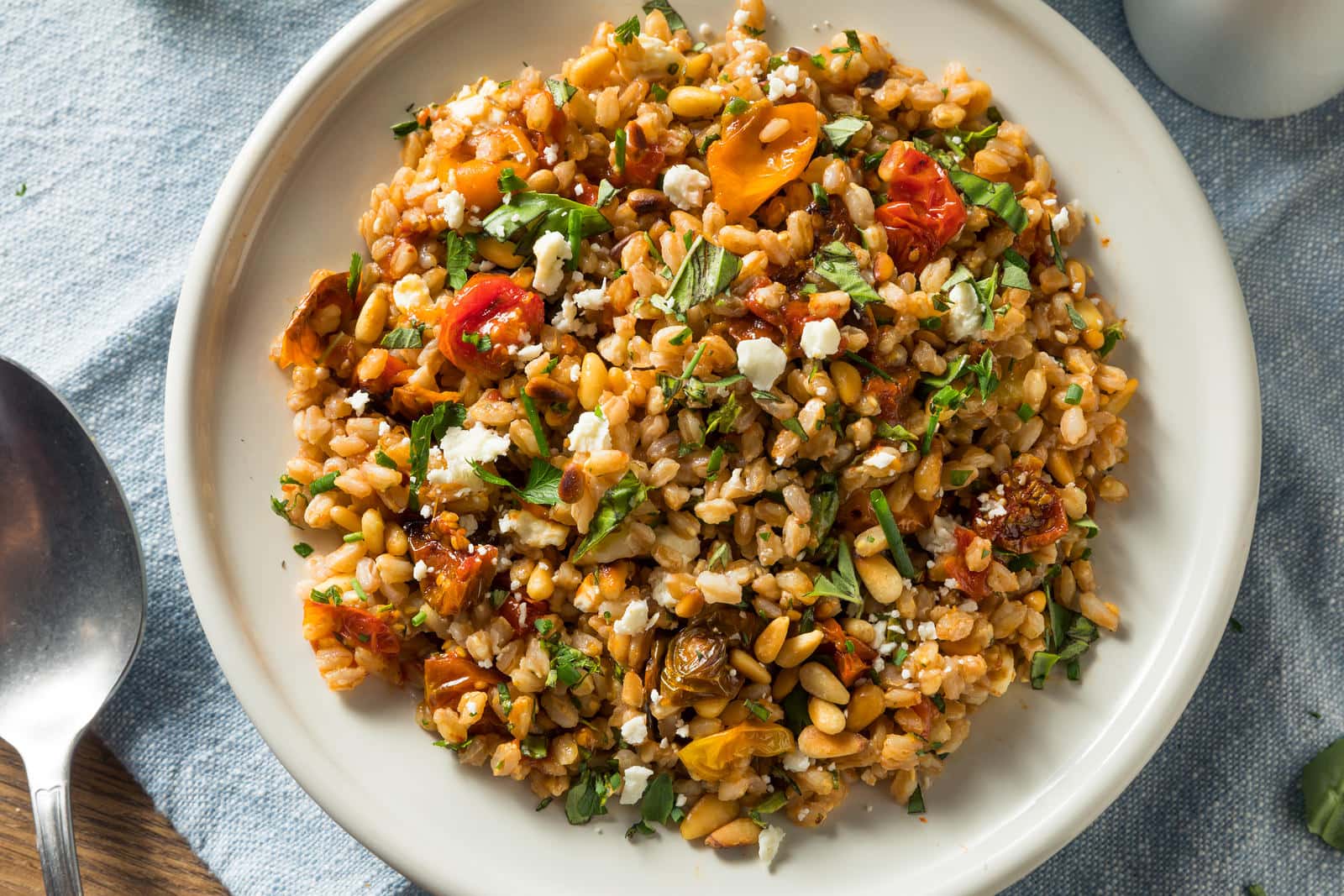
Type 2 diabetes is among the most common chronic diseases in the US. Researchers believe that three fourths of the cases of type 2 diabetes could be prevented with lifestyle modifications. An analysis of dietary data from American health care professionals suggests you can lower your risk for diabetes. More recently, researchers utilized the extensive data available through the UK Biobank. To improve your odds of metabolic health, you must change your dietary habits to a more plant-based pattern.
Following a Plant-Based Diet Reduces the Chance of Type 2 Diabetes:
A new analysis compared biomarkers and behavior among 113,000 participants in the UK Biobank study. This observational study lasted twelve years and included genetic data (Diabetes & Metabolism, Nov. 28, 2023). Researchers also analyzed markers of liver and kidney function, metabolism, inflammation and blood lipids. People following a healthful plant-based diet with little or no ultra-processed or highly sweetened foods were 24 percent less likely to develop type 2 diabetes during that time as people who ate a more conventional Western style diet. The healthy plant-based eating pattern contained lots of fresh vegetables, fruits and whole grains. People who consumed more sweets, sugary drinks and refined grains actually had an increased risk for diabetes even if their diets were mostly plant-based.
Which Dietary Patterns Have a Lower Risk for Diabetes?
In earlier research, scientists analyzed data from more than 200,000 participants in long-running observational studies (ASN 2020 Annual Meeting online). More than 150,000 women volunteered their data in the Nurses’ Health Study and Nurses’ Health Study 2. In addition, over 40,000 men participated in the Health Professionals Follow-up Study. All of these volunteers provided their dietary data every few years for decades.
Diabetes researchers have long suspected that high total carbohydrate intake could increase the risk for diabetes in adulthood. That is type 2 diabetes, controlled without insulin injections. These data show, however, that the picture is more nuanced. According to the research definitions, high-quality carbohydrates come from whole grains. On the other hand, low-quality carbohydrates are found in potatoes, sugary foods and beverages and refined grains.
If people ate high quality carbs instead of fats and animal protein, they had a lower risk for diabetes. People who consumed refined grains in the place of saturated fat were more likely to be diagnosed with type 2 diabetes.
Learn More:
Even experts can’t tell how diet affects the risk for diabetes by simply adding up fats, proteins and carbohydrates. You have to look at the foods providing those macronutrients. In general, less-processed foods appear to be healthier.
You can learn more about diabetes from our interview with Yale professor Kasia Lipska, MD. It is Show 1173: How Is Diabetes Diagnosed and Treated?
We also summarize research on type 2 diabetes in our eGuide to Preventing & Treating Diabetes.
You may also be interested in a study undertaken by Richard Bernstein, MD. He recommends relying on non-starchy vegetables like asparagus, beet greens, bell peppers, broccoli, cabbage and spinach. He has found that even whole grains raise blood sugar unacceptably. Although Dr. Bernstein includes meat, fish, fowl and eggs in his recommendations, other research suggests plant-based protein is superior. A meta-analysis of nine studies found that people consuming mostly vegetables, fruits, legumes, nuts and whole grains had a 23 percent lower risk for diabetes (JAMA Internal Medicine, July 22, 2019).
Mediterranean Diet Against Diabetes:
Italian researchers have found that people sticking close to a traditional Mediterranean diet have better blood sugar control (Nutrients, Aug. 10, 2018). They choose whole grains, beans, lentils, fruits, vegetables, nuts, fish and olive oil over processed foods and go light on meat, sweets and dairy products. As a consequence, they consumed more fiber and less energy (calories), calcium and sodium. Such individuals also ended up with more polyphenols in their food choices.
Citations
- Thompson AS et al, "A healthful plant-based diet is associated with lower type 2 diabetes risk via improved metabolic state and organ function: A prospective cohort study." Diabetes & Metabolism, Nov. 28, 2023. DOI: 10.1016/j.diabet.2023.101499
- Braun KV et al, "(P22-009-20) Carbohydrate Quantity and Quality and Risk of Type 2 Diabetes: Results from Three Large Prospective US Cohorts." ASN 2020 Annual Meeting online.
- Qian F et al, "Association between plant-based dietary patterns and risk of type 2 diabetes: A systematic review and meta-analysis." JAMA Internal Medicine, July 22, 2019. DOI: 10.1001/jamainternmed.2019.2195
- Vitale M et al, "Impact of a Mediterranean dietary pattern and its components on cardiovascular risk factors, glucose control, and body weight in people with type 2 diabetes: A real-life study." Nutrients, Aug. 10, 2018

